#colonial new york
Explore tagged Tumblr posts
Text
Bookish Travels---October 2024 Destinations
I saw this meme on It’s All About Books and decided to do it once a month. Many thanks to Yvonne for initially posting this!! This post is what it says: Places I travel to in books each month. Books take you to places you would never get to. Please let me know if you have read these books or traveled to these areas. Countries I visited the most: United States, Sri Lanka, India States I…

View On WordPress
#Aquinnnah#Australia#Bad Elephant Far Stream#Beneath a Soulless Moon#Bombay#Bookish Travels#Break from Nuala#Brianna Hale#Bulgaria#Cairo#California#Canada#Canajoharie#Caracas#Caughnawaga Mission of Sault Saint Louis#Cold Case in Nuala#Colombo#Colonial New York#Colorado#Cuba#Dark Clouds Over Nuala#East Berlin#Egypt#Fatal Finds in Nuala#For de La Presentation#Fort Herkimer#Galle#Georgia#German Flatts#Germany
0 notes
Text
I wasn't ready for Frederick Philipse, Pirate King of New York 👀
1 note
·
View note
Text
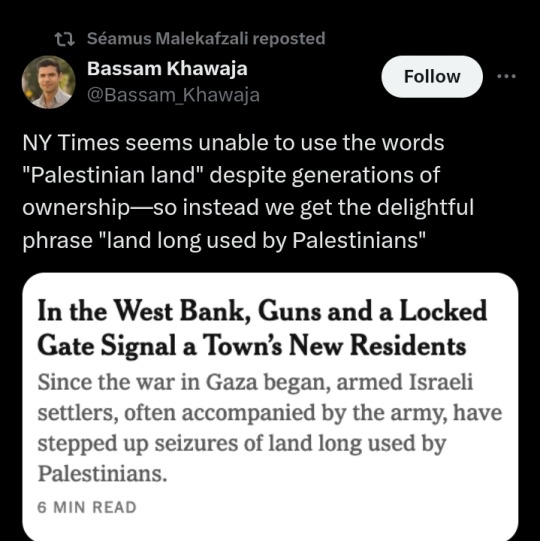

#yemen#jerusalem#tel aviv#current events#palestine#free palestine#gaza#free gaza#news on gaza#palestine news#news update#war news#war on gaza#new york times#west bank#free west bank#media bias#manufactured consent#settler colonialism
3K notes
·
View notes
Text
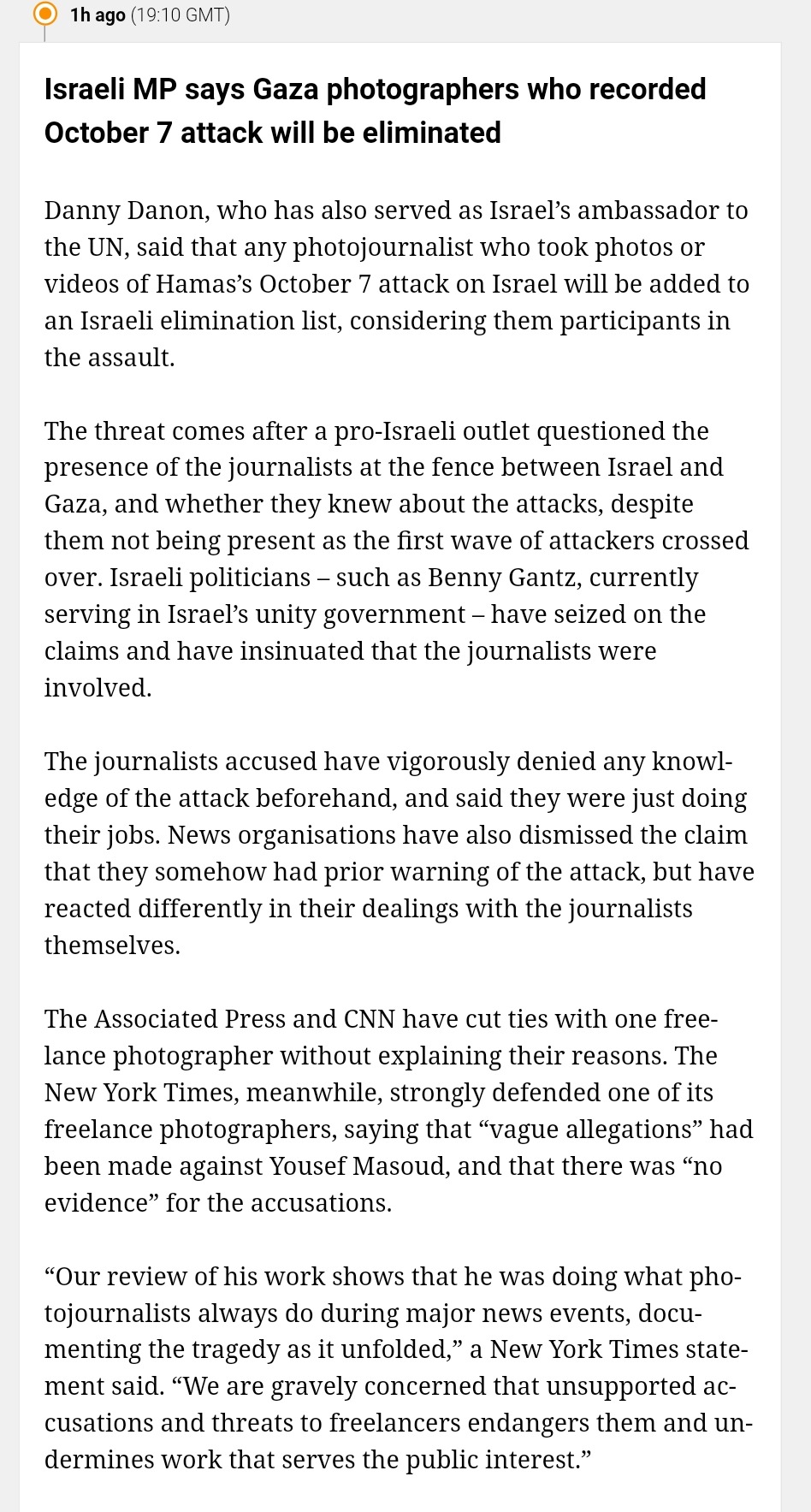
This is one I missed earlier, it's from 19:10pm GMT on the 9th of November 2023, so almost 2 hours ago
This is DEEPLY fucking concerning. It also explains the earlier report about Reuters denying they had prior knowledge too. I can see them using this as 'justifiable cause' for targeting journalists.
In the way they claim Hamas is in every mosque, ambulance, portaloo, I'm waiting for them to start saying the journalists they murder were ones who recorded footage from the 7th.
#free gaza#free palestine#gaza strip#irish solidarity with palestine#palestine#gaza#news on gaza#al jazeera#boycott israel#israel#Journalism#Danny Danon#Reuters#Associated Press#CNN#Yousef Masoud#New York Times#Colonialism
8K notes
·
View notes
Text
I believe it was the work of legal scholar Florence Ashley where I first encountered this term (it might have also been Serano), but I’m becoming more and more committed to saying “degender” as opposed to “misgender.” like I think the term ‘misgender’ fails to properly identify the mechanism behind the process it describes: misgendering is not an act of attributing the wrong gender characteristics to a trans person, it is an act of dehumanisation. I think the term ‘misgender’ especially gives people much easier rhetorical cover to argue that trans women are hurt by misandry by being ‘mislabeled as men,’ or that they are in fact ‘actually men’ and benefit from male privilege, because the (incorrect) assumption underlying this is that when trans women are ‘misgendered’ they are being treated like men - to follow this line of thinking to its natural conclusion, this denies the existence of transmisogyny altogether, because any ‘misgendering’ of trans women is done only with the intent, conscious or otherwise, to inscribe the social position (and the privileges this position affords) of men onto them, as opposed to stripping them of their womanhood (and thus, their humanity).
The term degendering, however, I think more accurately describes this dehumanising process. Pulling from the work of both Judith Butler and Maria Lugones, gender mediates access to personhood - Lugones says in the Coloniality of Gender that in the colonial imaginary, animals have no gender, they only have (a) sex, and so who gets ‘sexed’ and who gets ‘gendered’ is a matter of who counts as human. She describes this gendering process as fundamentally colonial and emerging as a colonial technology of power - who is gendered is who gets to be considered human, and so the construction of binary sex is a way of ‘speciating’ or rendering non-human the Indigenous and African people of colonized America, justifying and systematising the brutal use of their land and/or their labour until their death by equating them to animals. Sylvia Wynter likewise describes in 1492: A New World View that a popular term used by Spanish colonizers to describe the indigenous people was “heads of Indian men and women,” as in heads of cattle. By the same token, white men are granted the high status of human, worthy of governance, wealth, and knowledge production, and white women are afforded the subordinate though still very high responsibility of reproducing these men by raising and educating children. Appeals to a person’s sex as something more real, more obvious, or ‘poorly concealed’ by their gender is to deny them their gender outright, and therefore is a mechanism to render them non-human. Likewise, for Butler, gender produces the human subject - to be outside gender is to be considered “unthinkable” as a human being, a being in “unliveable” space.
Therefore the process of trans women going from women -> “male” is not “being gendered as a man,” it is being positioned as non-human. when people deny the gender of trans women, most especially trans women of colour, they invariably do this through reference to their genitals, to their ‘sex,’ as something inescapable, incapable of being concealed - again, this is not a process of rendering them as men, it is the exact opposite: it is a process of rendering them as non-human. there is not a misidentification process happening, they are not being “misgendered as men,” there is a de-identification of them as human beings. Hence, they are not misgendered, they are degendered, stripped of gender, stripped of their humanity
#even old new york was once new amsterdam#book club#transmisogyny tw#white supremacy tw#colonialism tw#I feel like I made this post before but this was in my drafts and egg discourse is happening again
3K notes
·
View notes
Link
First 1000 viewers get artbook, and all the drama of being there thanks to animation magic from Docema, makers of the PBS Films Darnell’s Fire and Broadside. For a preview, go to their amazing site www.savingny.com
0 notes
Text


Oh, right. So one time NYT did recognise the term Palestine, after all.
#free palestine#news#politics#democrats#republicans#woc#donald trump#new york times#nyc#racism#colonialism#colonial violence#War crimes tw#history#middle east
301 notes
·
View notes
Text

Delphine Seyrig, Duncan Youngerman, Lenore Tawney, Gerry Matthews, Ellsworth Kelly, Robert Indiana, Dolores Matthews, and Agnes Martin in Jeannette Park at Coenties Slip, 1958. Seyrig, an actress, was married to Jack Youngerman, who took the picture.
Many artists settled, at staggered intervals, in a three-block area around Coenties Slip, a street on Manhattan’s lower tip. While New York’s status as a maritime trading hub lured fleets of boats, it was the skeletal remains of that activity, by then sharply diminished, that drew artists to Coenties Slip. In place of industry, they found vast and vacant loft spaces, cheap to rent (around $45 a month), in which they could both work and live (illegally, owing to zoning laws).
Photo: Jack Youngerman via artnews
#vintage New York#1950s#Jack Youngerman#Delphine Seyrig#Duncan Youngerman#Coenties Slip#Lenore Tawney#Gerry Matthews#Ellsworth Kelly#Robert Indiana#Agnes Martin#Dolores Matthews#artists colony#1950s NYC
37 notes
·
View notes
Text
August 15, 2024 - Indonesian security forces cracked down on protesters in West Papua, arresting at least 21. In an attempt to disperse the protesters, the security forces beat the them while using tear gas. Protests took place in seven different locations, commemorating the 66th anniversary of the New York Agreement.
The New York Agreement was signed on August 15, 1962, between Indonesia and its former colonial overlord, the Netherlands. It laid the groundwork for Indonesia’s annexation of West Papua. [video]
#free west papua#west papua#papua merdeka#anti-colonialism#resistance#indonesia#occupation#acab#riot police#police#tear gas#2024#netherlands#new york agreement#separatism#nederland#video
56 notes
·
View notes
Text

DH 49
A bit of a sad sight, U33Cs 757 and 754 wasting away out behind the main shop building at Colonie in May of 1987.
55 notes
·
View notes
Text
The Return of Ta-Nehisi Coates
A decade after "The Case for Reparations," he is ready to take on Israel, Palestine, and the American media.
It is in the last of these long, interconnected essays that Coates aims for the sort of paradigm shift that first earned him renown when he published "The Case for Reparations" in The Atlanticin 2014, in which he staked a claim for what is owed the American descendants of enslaved Africans. This time, he lays forth the case that the Israeli occupation is a moral crime, one that has been all but covered up by the West. He writes, "I don't think I ever, in my life, felt the glare of racism burn stranger and more intense than in Israel."
He was astonished by the plain truth of what he saw: the walls, checkpoints, and guns that everywhere hemmed in the lives of Palestinians; the clear tiers of citizenship between the first-class Jews and the second-class Palestinians; and the undisguised contempt with which the Israeli state treated the subjugated other. For Coates, the parallels with the Jim Crow South were obvious and immediate: Here, he writes, was a "world where separate and unequal was alive and well, where rule by the ballot for some and the bullet for others was policy." And this world was made possible by his own country: "The pushing of Palestinians out of their homes had the specific imprimatur of the United States of America. Which means that it had my imprimatur."
That it was complicated, he now understood, was "horseshit.""Complicated" was how people had described slavery and then segregation. "It's complicated," he said, "when you want to take something from somebody."
What matters to Coates is not what will happen to his career now — to the script sales, invitations from the White House, his relationships with his former colleagues at The Atlantic and elsewhere. "I'm not worried," he told me, shrugging his shoulders. "I have to do what I have to do. I'm sad, but I was so enraged. If I went over there and saw what I saw and didn't write it, I am fucking worthless."
The first inkling that Coates might want to write about Israel came around the time he was leaving The Atlantic. He was partly spurred by criticism he'd received over a passage in "The Case for Reparations" in which he cited reparations paid by the German government to the State of Israel after the Holocaust as a potential model. "We did an event when 'Case for Reparations' came out, at a synagogue in D.C., and I remember there was a woman who got on the mic and yelled about the role of Palestinians in that article," he told me. "And I couldn't quite understand what she was saying. I mean, I heard her, but I literally could not understand it. She got shouted down. And I've thought about that a lot, man. I've thought about that a lot." It hadn't occurred to him that Israel might itself be in the debt of a population that it had oppressed, a blind spot that remains a source of regret to this day. "I should have asked more questions," he told me. "I should have done more. I should have looked around and said, 'Do we have anybody Palestinian who's going to read this before we print it?'"
On the ground in the occupied territories, he saw the segregated roads, the soldiers with their American-made weapons, the surveillance cameras, and the whole archipelago of impoverished ghettos. "I felt a mix of astonishment, betrayal, and anger," he writes. "The astonishment was for me — for my own ignorance, for my own incuriosity … The betrayal was for my colleagues in journalism — betrayal for the way they reported, for the way they'd laundered ethnic cleansing, for the voices they'd erased. And the anger was for my own past — for Black Bottom, for Rosewood, for Tulsa — which I could not help but feel being evoked here."
One of his first encounters with the Israeli state is a soldier stopping him on the street to ask him his religion, a confusing question for an atheist. It becomes clear that if he does not give the correct answer — "Jew," "Christian," anything but "Muslim" — he will not be allowed to pass. "On that street so far from home," he writes, "I suddenly felt that I had traveled through time as much as through space. For as sure as my ancestors were born into a country where none of them was the equal of any white man, Israel was revealing itself to be a country where no Palestinian is ever the equal of any Jewish person anywhere."
In Coates's eyes, the ghost of Jim Crow is everywhere in the territories. In the soldiers who "stand there and steal our time, the sun glinting off their shades like Georgia sheriffs." In the water sequestered for Israeli use — evidence that the state had "advanced beyond the Jim Crow South and segregated not just the pools and fountains but the water itself." In monuments on sites of displacement and informal shrines to mass murder, such as the tomb of Baruch Goldstein, who gunned down 29 Muslims in a mosque in 1994, which recall "monuments to the enslavers" in South Carolina. And in the baleful glare of the omnipresent authority. "The point is to make Palestinians feel the hand of occupation constantly," he writes. And later: "The message was: 'You'd really be better off somewhere else.'"
By the time Coates returned to New York, Palestine was his obsession. Right away, he began sending work and research to group chats of various friends. "You wake up and Ta-Nehisi has overnight written four different walls of text and posted three different e-book screenshots and highlighted things," Ewing told me. "We have probably talked about Palestine pretty much every day since returning." Later that summer, just after he returned to the U.S., Coates introduced himself to the Palestinian American historian Rashid Khalidi at Columbia, who invited Coates and his wife to dinner to discuss his trip. "I think he felt that he had been conned," Khalidi told me. "And I think he felt he had to — I don't think atone is the right word, but make up for what he had mistakenly believed." So Coates began his education in earnest with Khalidi guiding him through the literature in a running dialogue that lasted months. It was a process not dissimilar to his preparation for "The Case for Reparations": Coates leaned on friends, family, and experts, Jews and Arabs and others, to stress-test and expand his ideas. "He's a very public learner," Ewing said.
While The Atlantic has certainly published some dissenting views in these areas, the central pillars of its perspective are unshakable. In November 2023, as Israeli forces were beginning their decimation of Gaza, Yair Rosenberg predicted that a new moral authority in Israel would rise from the rubble of Netanyahu's failures. Amid news of Israel bombarding schools and hospitals, the magazine's April cover story, by Franklin Foer, claimed that the left's sympathetic response to the October 7 attack had augured the end of "a golden age" for Jews in America. In May, in an article quibbling with the U.N.'s estimate of the death toll in Gaza, Graeme Wood wrote, "It is possible to kill children legally, if for example one is being attacked by an enemy who hides behind them." When Hamas murdered six Israeli hostages in late August, Foer wrote a wrenching obituary for one of the victims, Hersh Goldberg-Polin, treatment that is rarely afforded to Palestinians who have been killed in the conflict. And as student protests against the ongoing assault on Palestinian civilians took hold across the U.S., The Atlantic applied a full-court press: The demonstrations were "heartless" (David Frum), "oppressive" (Michael Powell), "threatening" (Judith Shulevitz).
#Ta-Nehisi Coates#Palestine#Apartheid#Colonialism#Occupation#Settler Colonialism#Segregation#New York Magazine#The Message
23 notes
·
View notes
Text
also what are you even doing on tumblr as a “libertarian druid zionist” ?!???
#who apparently thinks upstate new york is under ‘colonial rule’ by new york city. but is also a zionist. ???#genuinely bizarre person i blocked him but i need pigeons to peck out his eyes or something
18 notes
·
View notes
Text

#yemen#jerusalem#tel aviv#current events#palestine#free palestine#gaza#free gaza#news on gaza#palestine news#news update#war news#war on gaza#west bank#fascism#settler colonialism#new york times
653 notes
·
View notes
Text
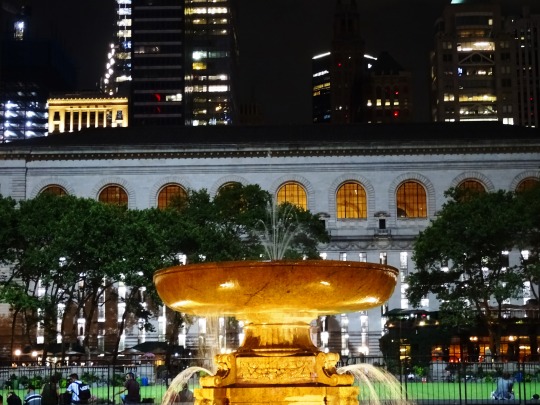
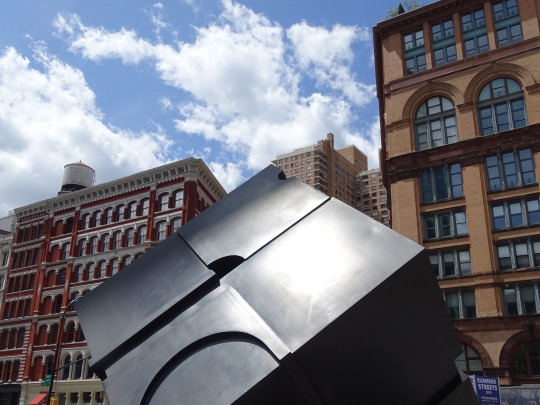
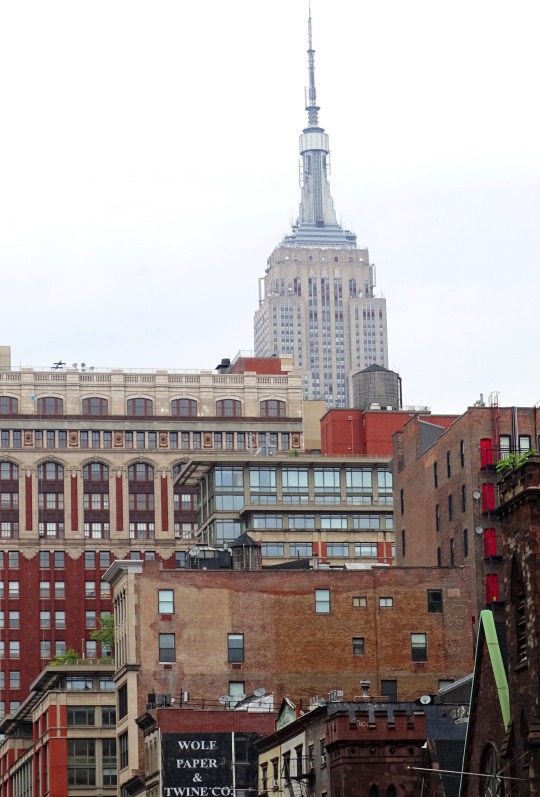
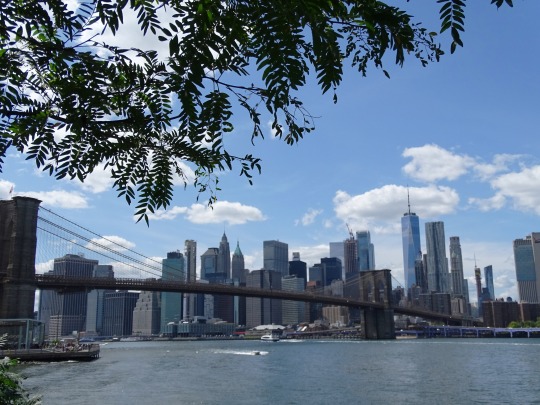

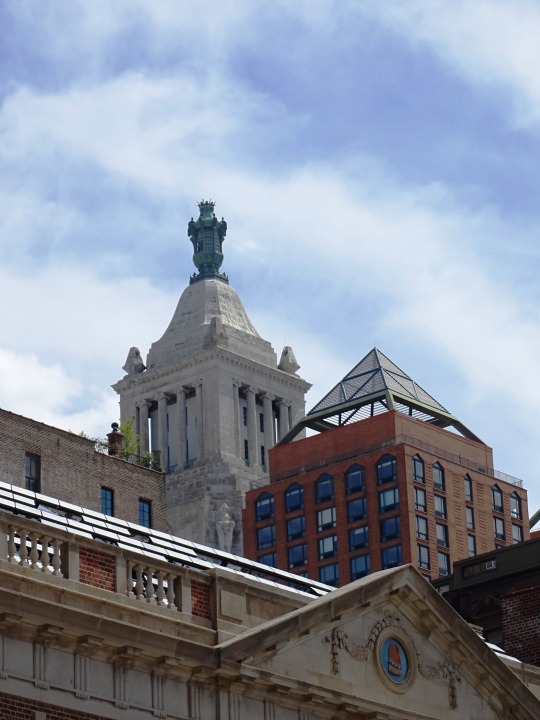


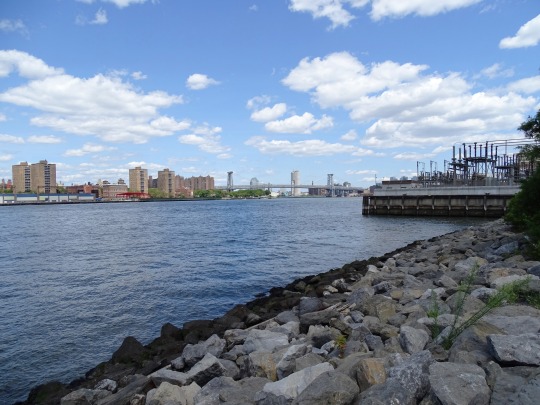

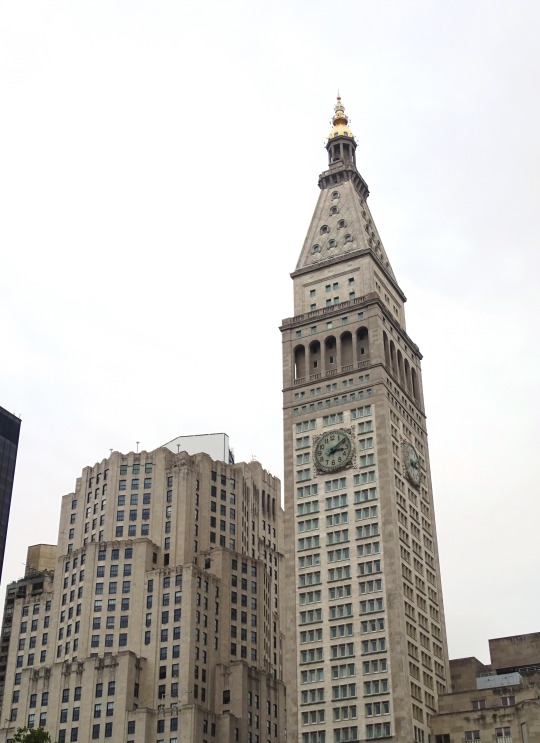

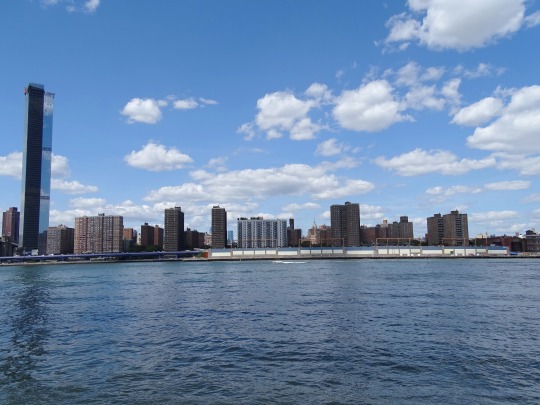

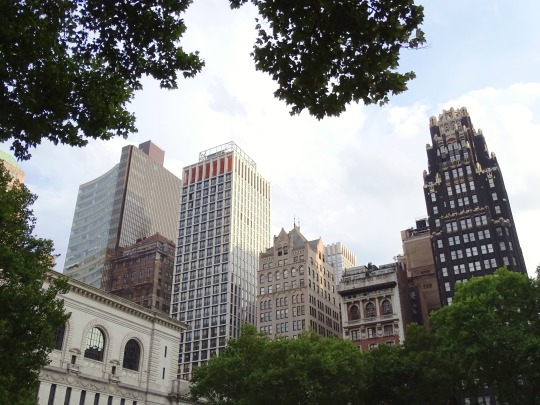




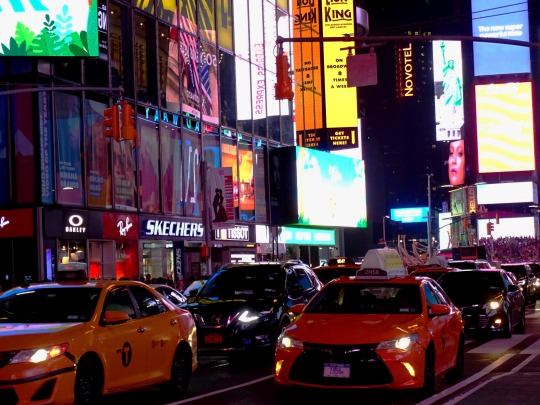
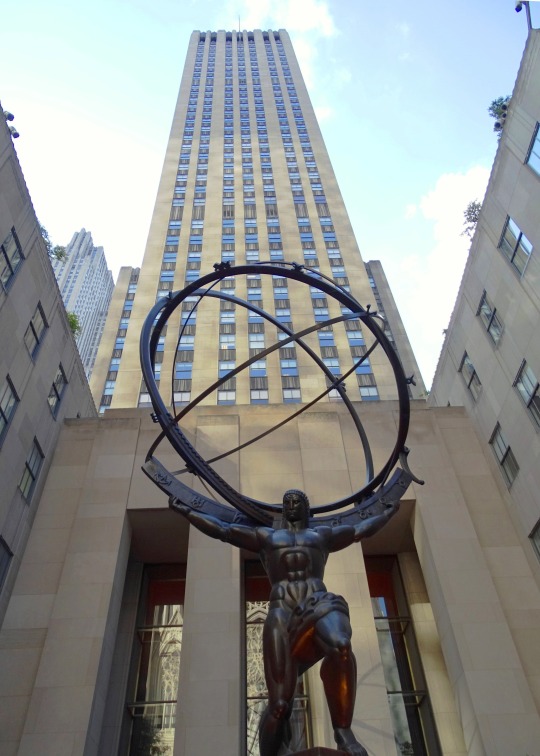
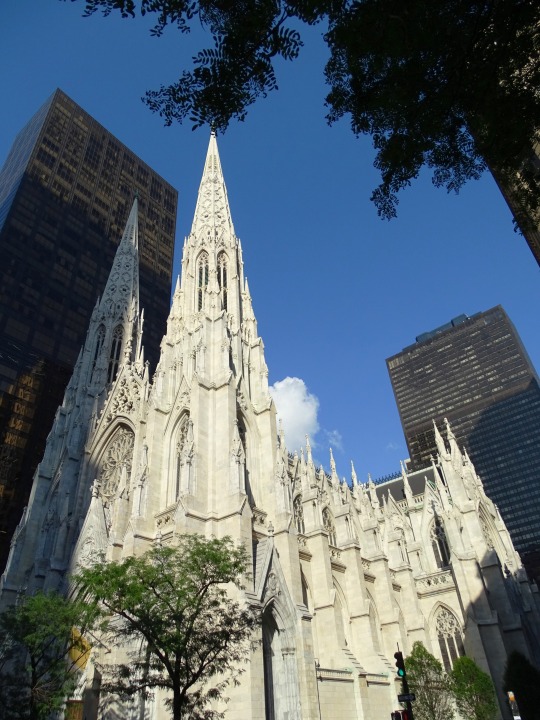
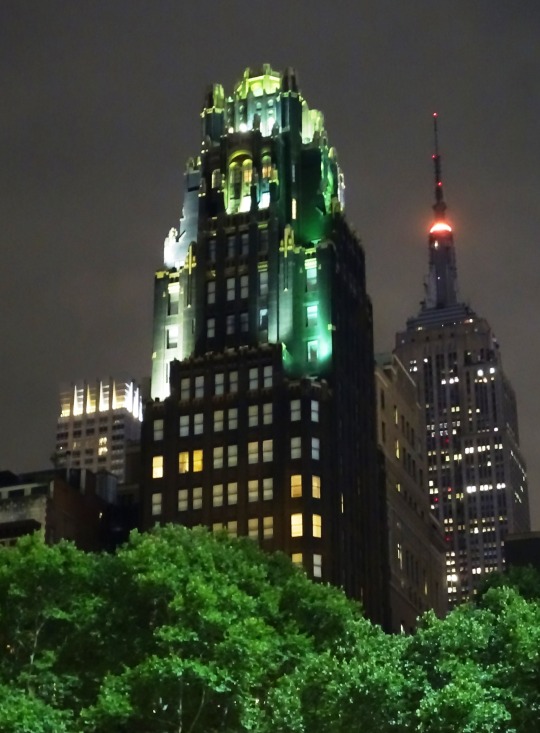


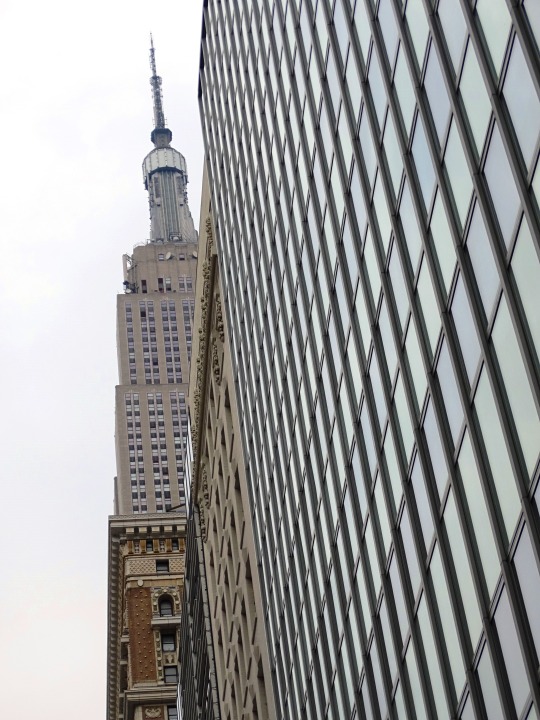




Peter Minuit “bought” Manhattan on May 24, 1626.
#summer 2019#2018#2013#original photography#Empire State Building#Chrysler Building#American Radiator Building#East River#Bryant Park#Stephen A. Schwarzman Building#Brooklyn#white colonialism#New York City#Peter Minuit#bought#Manhattan#24 May 1626#anniversary#US history#Alamo by Tony Rosenthal#architecture#cityscape#tourist attraction#USA#landmark#travel#vacation
34 notes
·
View notes
Text
only third world people should analize the hunger games series tbh
#usamerican about to make the worst take ever: district one is New York!#ok yeah sure the colony that manufactures the fucking luxury good is new york lol#cata reads
72 notes
·
View notes
Text
“Semitism.” is the biggest lie in history , The real Holocaust is what is happening in Gaza.
These children of Palestine in Gaza are being killed before the eyes of the hypocritical world. If you are a human being, you will not stop changing. You will not stop defeating evil people in all the world. You will not stop supporting the defenseless people of Palestine in Gaza. You will not stop defeating this Nazi, terrorist Israeli occupation. And remove it from the land of historic Palestine.

#palestine#gaza#war criminals#free gaza#free palestine#united nations#unicef#amnesty international#the united nations#international court of justice#court of justice#international criminal court#criminal conspiracy#secretary general#un secretary general#state of the union#unsc#photography#cottagecore#human rights#save the children#save children#colonialism#imperialism#germany#colombia university#new york university#harvard university#stop the massacre#stop the genocide
32 notes
·
View notes